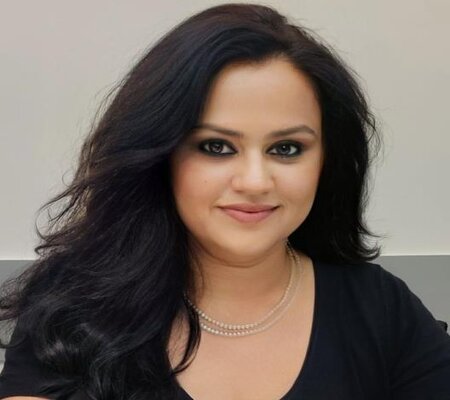 Over the years, marketing is one vertical that has seen drastic paradigm shifts. The rapid penetration of technology and the changing consumer preferences have all played a crucial role in this on-going change. While many still go for conventional marketing strategies, industry trends show that more and more businesses are now willing to accept and experiment with new age marketing techniques and processes. The recent pandemic outbreak has accelerated the change towards digital marketing and many industry experts believe that digital will be the way to move forward.
Over the years, marketing is one vertical that has seen drastic paradigm shifts. The rapid penetration of technology and the changing consumer preferences have all played a crucial role in this on-going change. While many still go for conventional marketing strategies, industry trends show that more and more businesses are now willing to accept and experiment with new age marketing techniques and processes. The recent pandemic outbreak has accelerated the change towards digital marketing and many industry experts believe that digital will be the way to move forward.
1. As someone with extensive experience in marketing, what are the major paradigm shifts that you expect to see in this space in the near future?
Marketing has evolved and developed a lot over the years. With innovative technologies and trends pivoting strategies to new directions, marketing is an ever-changing industry. The impact of the pandemic in the last two years has further accelerated the rate of marketing transformation for most organizations with an increased reliance on digital marketing. Marketing strategies will be a mix of online and offline channels and virtual reality, experiential marketing, video, and data-driven marketing will remain key focus areas for marketers going forward.
2. According to you, what are the essential skills that an aspiring marketing professional should have to succeed in the industry in the long run?
Success in marketing relies on a professional’s ability to be creative and agile in the ever-changing environment. As we’re seeing a transition to more personalization in marketing, every aspiring marketing professional should know their target audience like the back of their hand that will enable them to define customer segments and develop more relatable messaging. The ability to make decisions based on the data is an often-ignored skill that is extremely important to become a great marketer. Not to forget, communication skills are always required in every profile and more so in marketing. Lastly, nothing can replace the good old hard work.
3. What are the major hiring changes that have taken place in the industry post pandemic?
After the initial lull during the pandemic, hiring for marketing positions has picked up as marketing is once again front and center in organization’s growth agenda. The current hiring trends are tilted towards full stack marketers or generalists as companies have pivoted to an integrated marketing strategy and are looking to hire talent that have basic knowledge of marketing channels across the board. This doesn’t mean expertise in a particular area isn’t coveted but it might be helpful to be aware of different marketing trends and channels to stand out in interviews.
4. What are your thoughts on the increasing industry-academia gap in the Indian higher education stratum? Also, how do you think we can bridge this gap efficiently?
Schools and universities in India have a lot to offer; unfortunately, they are stuck working in silos instead of actively engaging with the industry to build a curriculum that prioritizes real-world learning. Australian universities like Deakin are focused on building industry-shaped courses that help students build skills that employers want; I believe that academia in India can immensely benefit from adopting this model to inspire work-ready graduates. Indian educational institutes should prioritize fostering partnerships with industry to provide internship opportunities and build courses alongside their industry partners to provide rich learning experiences for students.
5. What is your success mantra that future professionals can benefit from?
My mantra has always been to always bring my A-game to work by approaching everything in my professional life with a growth mindset. As a young professional, one might be prone to second-guessing themselves, but the moment you commit to growing your skills and doing your best, you’ll be able to achieve big things.
6. What would be your advice to aspiring students who wants to join the marketing industry?
I would advise that students shouldn’t put them into a box when it comes to marketing and give themselves time to explore and experiment. Students looking to break into the marketing should take a two-pronged approach to building their skills, firstly they should focus on building the timeless skills like storytelling, content and communication that are required in every marketing role and secondly, they should experiment with different specialist skills like SEO, social media, PR and so on to give themselves opportunity to find out what’s the best fit for them. This will help them develop basic knowledge about different skills and hone on their core strengths before diving in the marketing industry.
While changes will continue to happen in marketing along with other industry segments, if someone is keen on making a name for themselves in the marketing domain, they should be a passionate learner and is committed to evolve with the changing times.